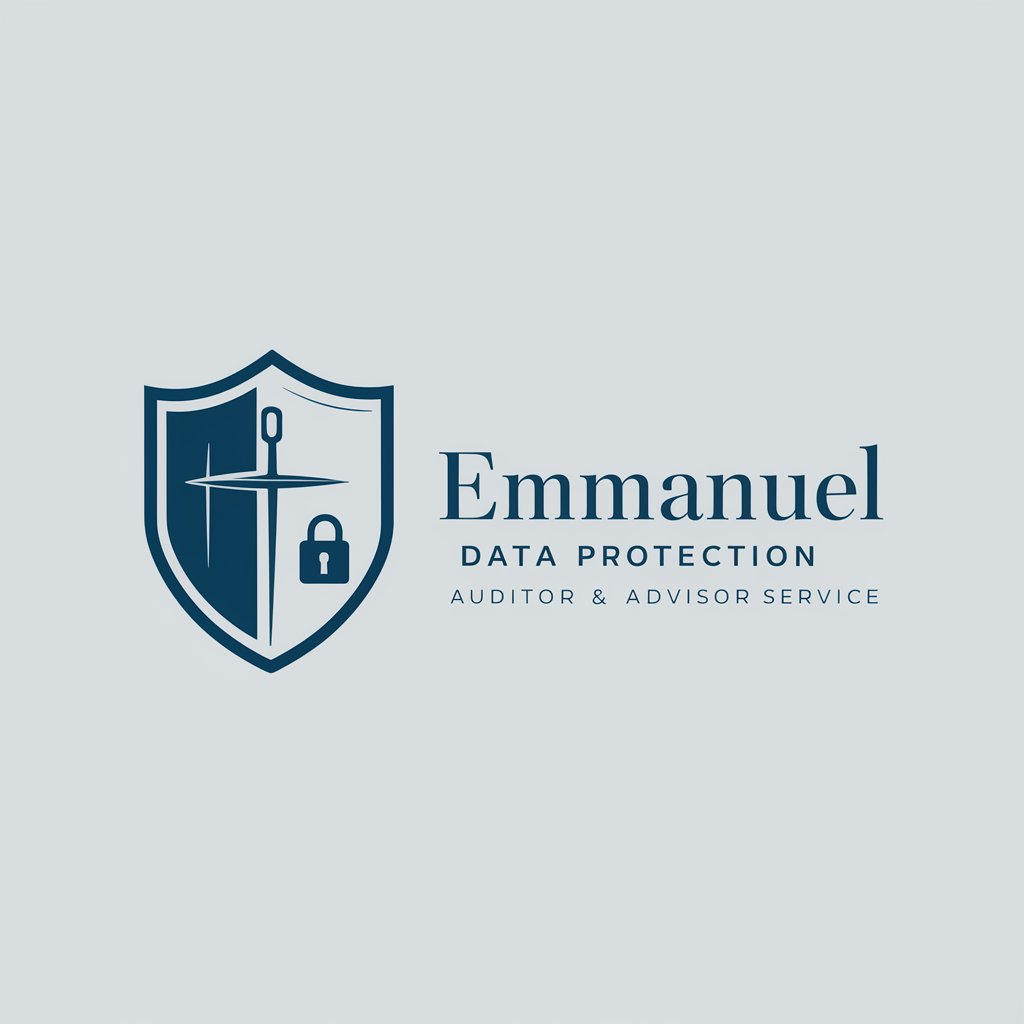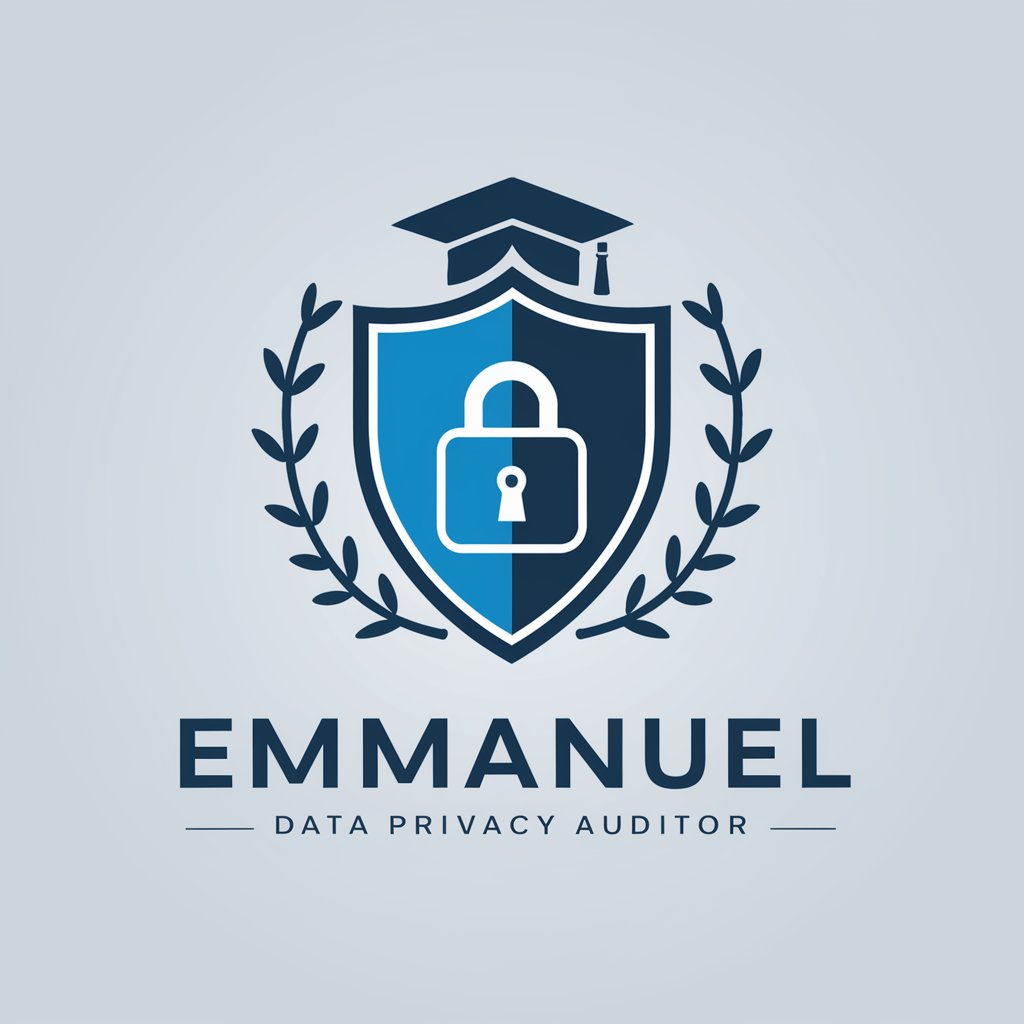
👑 Data Privacy for Music & Art Schools 👑 - Data Privacy Guidance

AI-driven Privacy for Educational Excellence
How does GDPR affect music schools?
Can you explain data retention policies for art institutes?
What are the key compliance strategies for GDPR?
How should personal data be protected in educational settings?
Get Embed Code
Understanding Data Privacy for Music & Art Schools
Data Privacy for Music & Art Schools is designed to ensure that these institutions manage the personal information of their students, faculty, and staff in compliance with global data privacy regulations such as GDPR, CCPA, and others. The purpose is to assist music and art schools in understanding and implementing data protection laws tailored to their unique needs, ensuring compliance and protecting the personal data they collect, including contact details, performance records, and payment information. An example scenario could involve a music school collecting personal data during registration. This system would guide the institution in obtaining consent, securing the data, and ensuring it is used and stored according to legal requirements. Powered by ChatGPT-4o。

Core Functions of Data Privacy for Music & Art Schools
Compliance Advice
Example
Interpreting GDPR's requirements for consent in student enrollment forms.
Scenario
A music school seeks to update its enrollment forms to ensure GDPR compliance. The system provides guidelines on how to obtain explicit consent from students or their guardians for processing personal data.
Data Protection Impact Assessments (DPIA)
Example
Evaluating new software for student performance tracking.
Scenario
An art institute plans to introduce new software for tracking student progress and needs to assess the privacy implications. The system guides the institute through conducting a DPIA to identify and mitigate risks.
Incident Response Planning
Example
Guidance on responding to a data breach involving student information.
Scenario
Upon discovering a data breach, a music school needs to navigate the process of notifying authorities and affected individuals. The system offers a step-by-step plan to manage the incident in compliance with data breach notification laws.
Who Benefits from Data Privacy for Music & Art Schools?
Music and Art School Administrators
Administrators who are responsible for the collection, use, and protection of student and staff personal data. They benefit from understanding legal obligations and ensuring their institution's compliance with data protection laws.
Technology Managers in Educational Institutions
Individuals overseeing the IT infrastructure and digital tools used within music and art schools. They gain insights into implementing secure systems and practices that protect personal data against unauthorized access or breaches.

Using Data Privacy for Music & Art Schools
Initiate Free Trial
Start by exploring the features without any commitment. Visit a dedicated platform offering specialized services in data privacy for educational institutions to begin your free trial, ensuring no login or premium subscription is required.
Identify Your Needs
Assess your school's specific data privacy requirements. Consider what personal information you collect, how it's used, and the regulatory standards you must adhere to, such as GDPR, CCPA, or others relevant to your location.
Implement Best Practices
Apply the tool's recommendations for data handling and protection. This includes encrypting sensitive information, obtaining clear consent for data use, and establishing transparent policies on data storage and sharing.
Engage With the Community
Take advantage of forums or user communities provided by the platform. Share experiences, challenges, and solutions with other music and art schools to enhance your understanding and application of data privacy practices.
Review and Adapt
Regularly review the effectiveness of implemented data privacy strategies. Adjust practices as needed based on feedback from the tool, changes in legal requirements, or new insights from the educational community.
Try other advanced and practical GPTs
PósEconomiaBR
AI-powered Economics Research Assistant
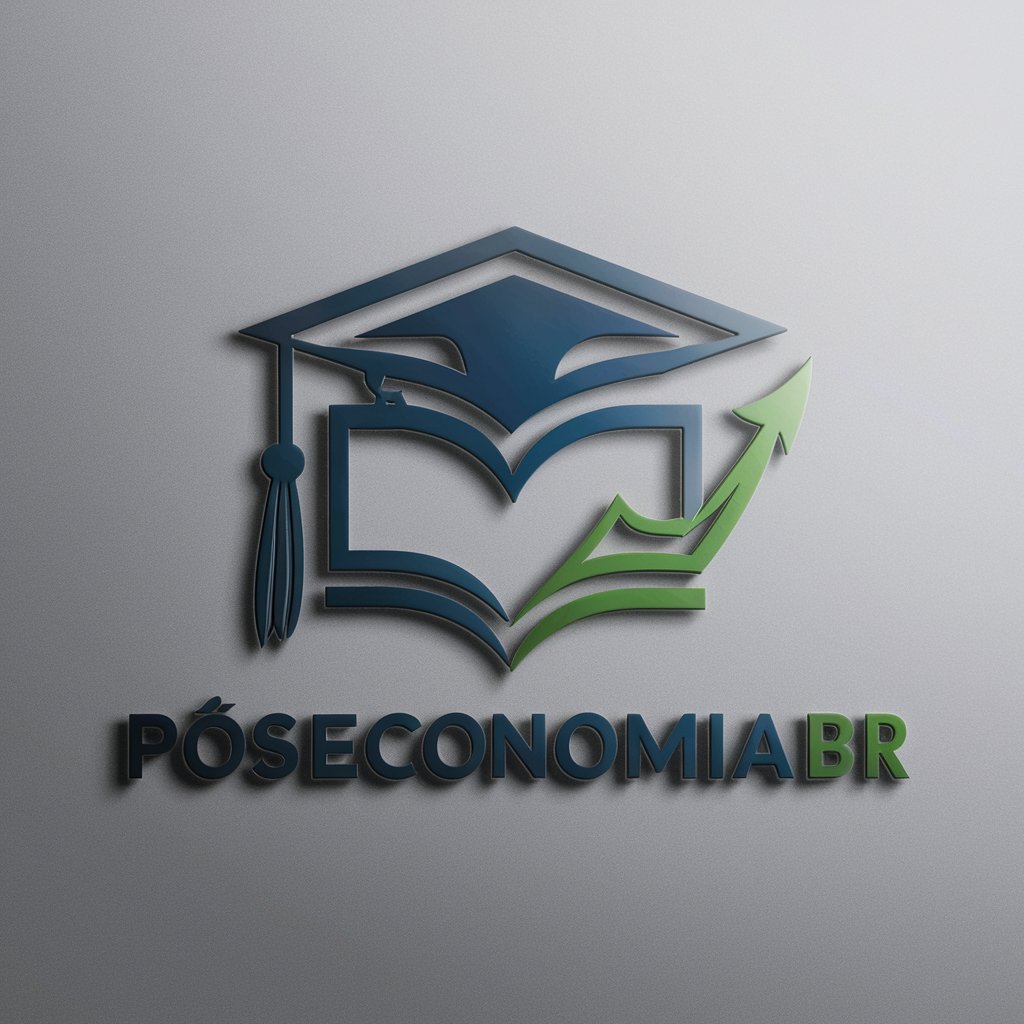
Sonetium
Crafting timeless poetry with AI

Tax Advisor Pro
Navigating Taxes with AI Precision
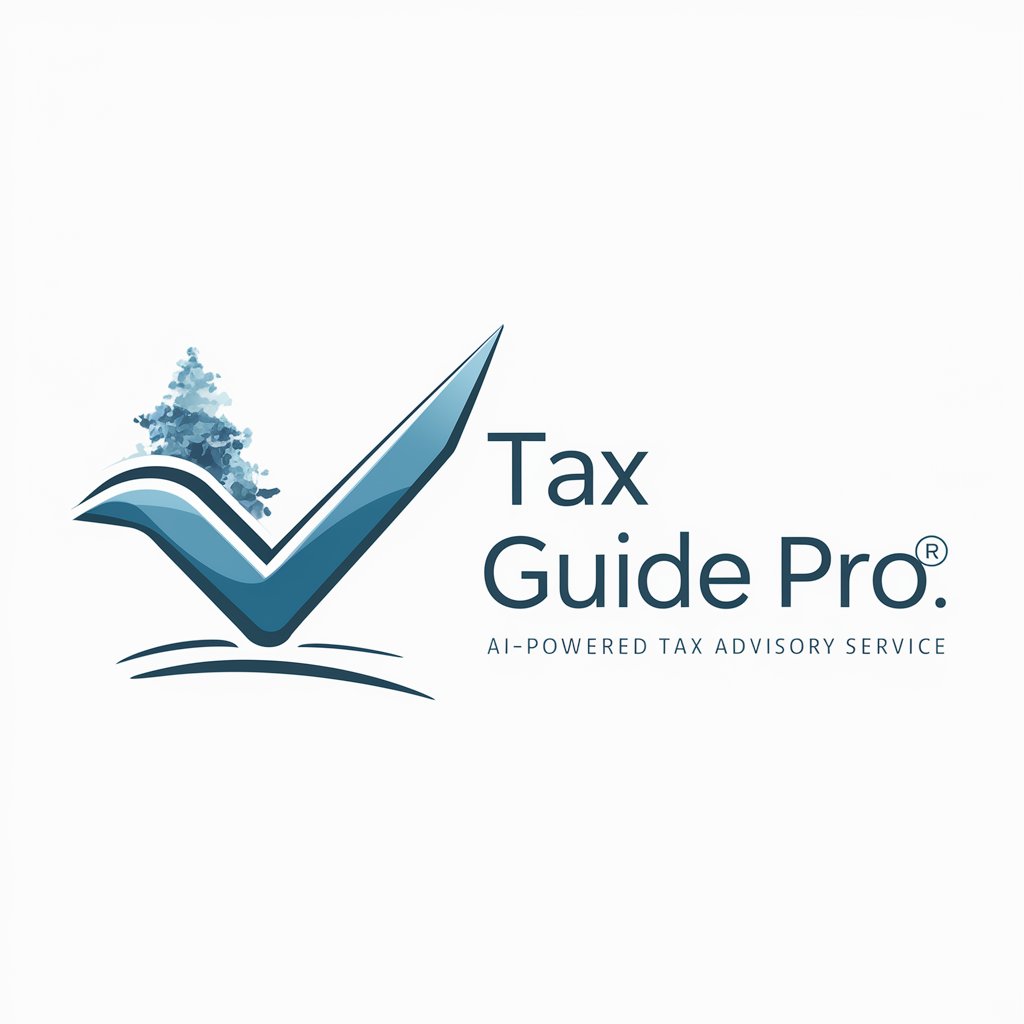
Probability Gamer
Unlocking the Mathematics of Gaming

Dental Care at Home Assistant
AI-powered at-home dental care

PósDesenhoIndustrialBR
Empowering Design Research with AI

Sphere AI - Elevated Math Helper
Elevate Your Math Skills with AI
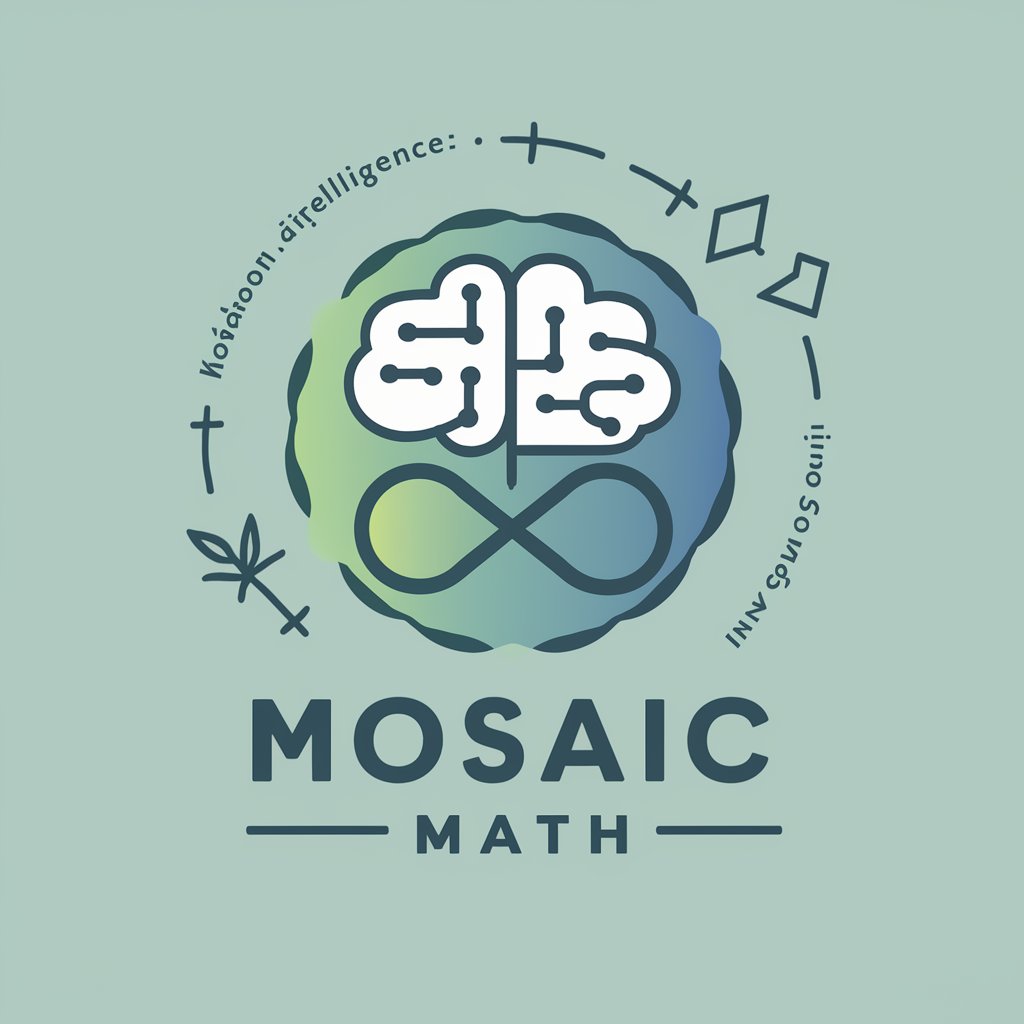
0 Code Python Bot
AI-powered Python coding made easy

Debatedores
Empowering debates with AI insights.

! Mecánico Amigo !
Your AI-Powered Mechanic Guide

Find First CS Job
Your AI-Powered Pathway to a CS Career

Duck's Coloring Page Maker
Transforming ideas into coloring masterpieces.

FAQs on Data Privacy for Music & Art Schools
What is the significance of data privacy in music and art schools?
Data privacy is crucial in protecting the sensitive information of students, staff, and faculty. It ensures compliance with legal standards, builds trust within the community, and safeguards against data breaches and unauthorized use of personal information.
How does GDPR affect our school outside the EU?
GDPR affects any institution that processes the personal data of EU residents, regardless of its location. It mandates strict data protection measures, including consent for data collection, rights to access and erase personal information, and the obligation to report data breaches.
Can we use student performances in promotional material?
Yes, but with caveats. Obtain explicit consent from students or guardians, clarifying how the material will be used. Ensure transparency and provide options for individuals to opt-out or control the extent of their data's use, in compliance with applicable data privacy laws.
What steps should we take in case of a data breach?
Immediately assess the breach's impact, secure your systems to prevent further unauthorized access, notify affected individuals, and report the breach to the relevant authorities within the timeframe mandated by applicable data privacy laws.
How do we ensure compliance with various data privacy regulations?
Conduct regular audits of data handling practices, stay informed about changes in data privacy laws, engage with data protection officers or legal counsel, and implement robust data protection measures, including training for staff and students.
